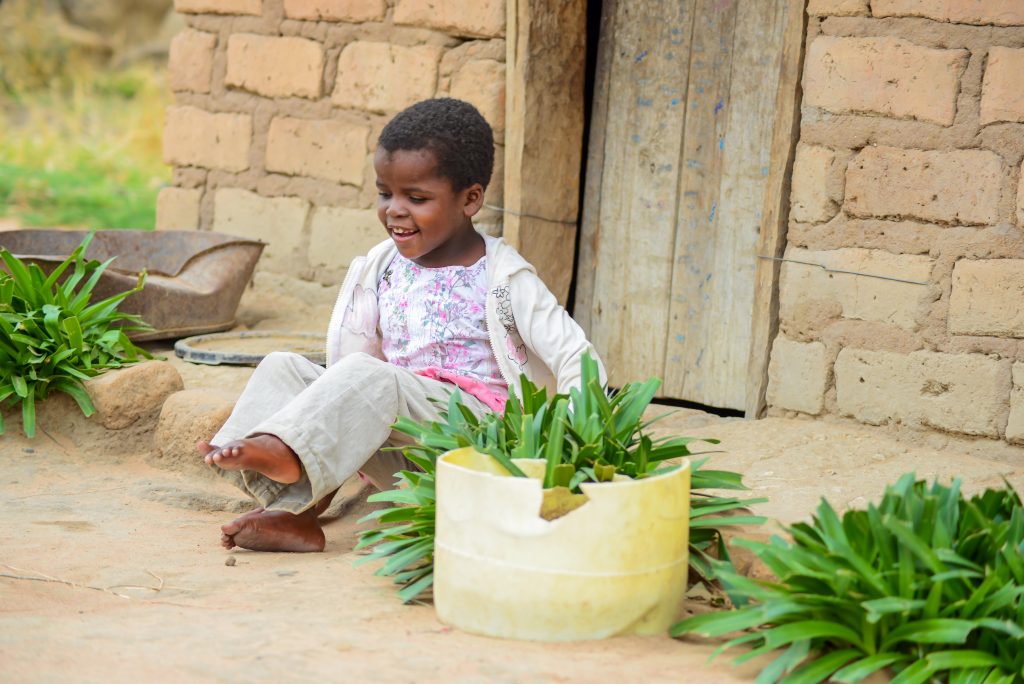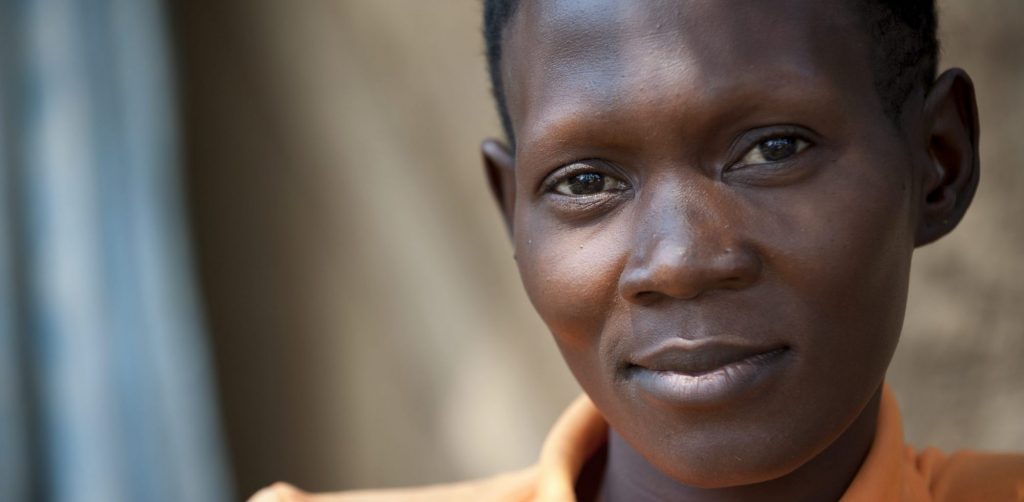Human rights advocacy is about persons with disabilities claiming their rights and place in society, valued as equal, contributing members of their families and communities.
We support this by empowering persons with disabilities and their organisations, and building alliances with civil society, non-governmental organisations and local governments. NAD promotes a people-centred Community Based Inclusive Development (CBID) approach that responds to the specific individual needs and aspirations of each person.
NAD has worked with Human Rights Advocacy programmes with Disabled People’s Organisations (DPOs) in developing countries since 1982. Today, we have Human Rights Advocacy programmes in Uganda, Zambia and Zanzibar.
Advocating for human rights
More than one billion people, or 15 % of the world’s population, have a disability. 80% of them live in a developing country. Although all NAD partner countries have ratified the Convention on the Rights of Persons with Disabilities (CRPD), persons with disabilities in our target areas are far from achieving equal access to education, employment, health, and social services.
The programme strengthens the capacity of persons with disabilities and their organisations in Human Rights Advocacy, on how to access government programmes, as well as on the use of the CRPD, the SDGs, and other key human rights instruments for influencing policy. Networks between DPOs and mainstream Civil Society Organisations are built and strengthened through engagement meetings and information sharing.
The Human Rights Advocacy programme additionally builds the capacity of government and non-governmental actors. Together with our DPOs partners, we advocate for disability inclusion in governmental decision-making processes at all levels, reminding the government of its obligations under domestic and international law.
We believe strong and representative DPOs are key to achieving the fulfilment of rights of persons with disabilities. Strong DPOs are therefore a goal and a means to an end.

Community Based Inclusive Development
With our partner DPOs, and in line with CRPD Article 19: Living independently and being included in the community, we promote and protect disability rights at multiple levels of society, including at grassroots level.
Our approach to development is Community Based Inclusive Development (CBID). CBID is a holistic, rights-based, and people-centred approach, and is about promoting the voices of persons with disabilities so that they can participate in their communities and actively influence efforts and decisions affecting them.
The approach embraces all disabilities and all age groups, and it attempts to respond to the specific individual needs and aspirations of each person. CBID consists of five key components:
- Health
- Education
- Social conditions
- Livelihood
- Empowerment
NAD supports development interventions related to all these areas. Read more about the CBR Guidelines here.
CBID is implemented by a network of social workers, volunteers, community members, persons with disabilities and family members who mobilise resources and support within the community to develop a disability inclusive society. Through CBID, persons with disabilities and their families can get psychosocial, economic as well as practical support, or be referred to experts in relevant sectors for necessary intervention.
NAD uses CBID’s twin-track approach by supporting and collaborating with DPOs as rights holders, and local governments as duty bearers. We insist on local ownership of CBID programmes, with the local government fulfilling its responsibilities as duty bearers.
The CBR matrix
Learn more about the CBR matrix and how the elements of the matrix are connected together in the video below.

